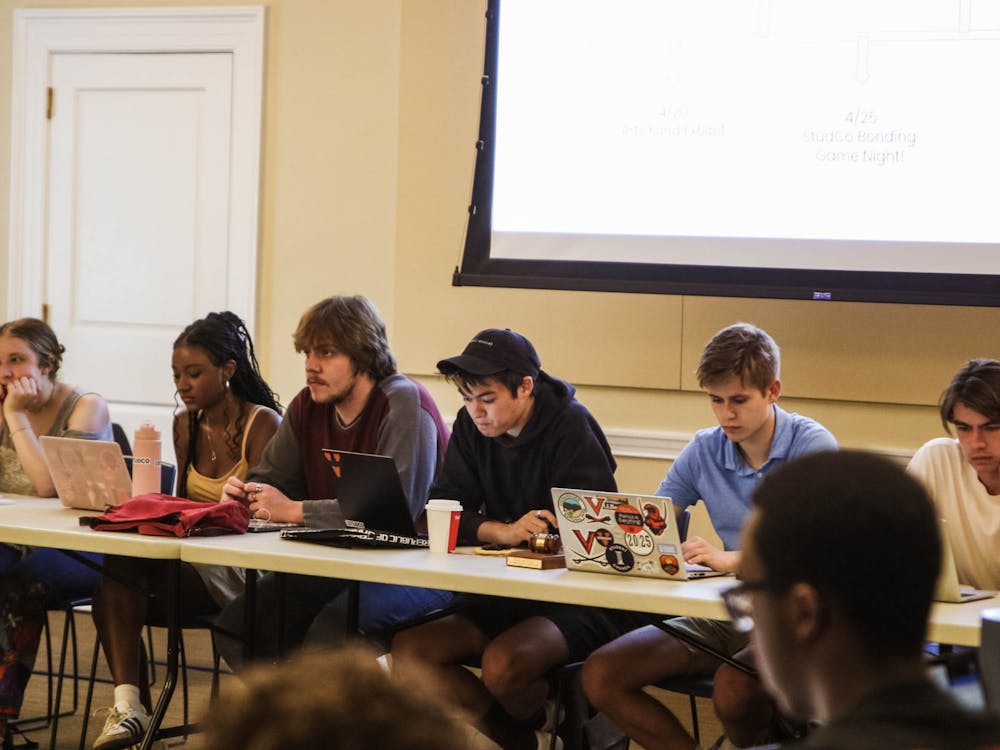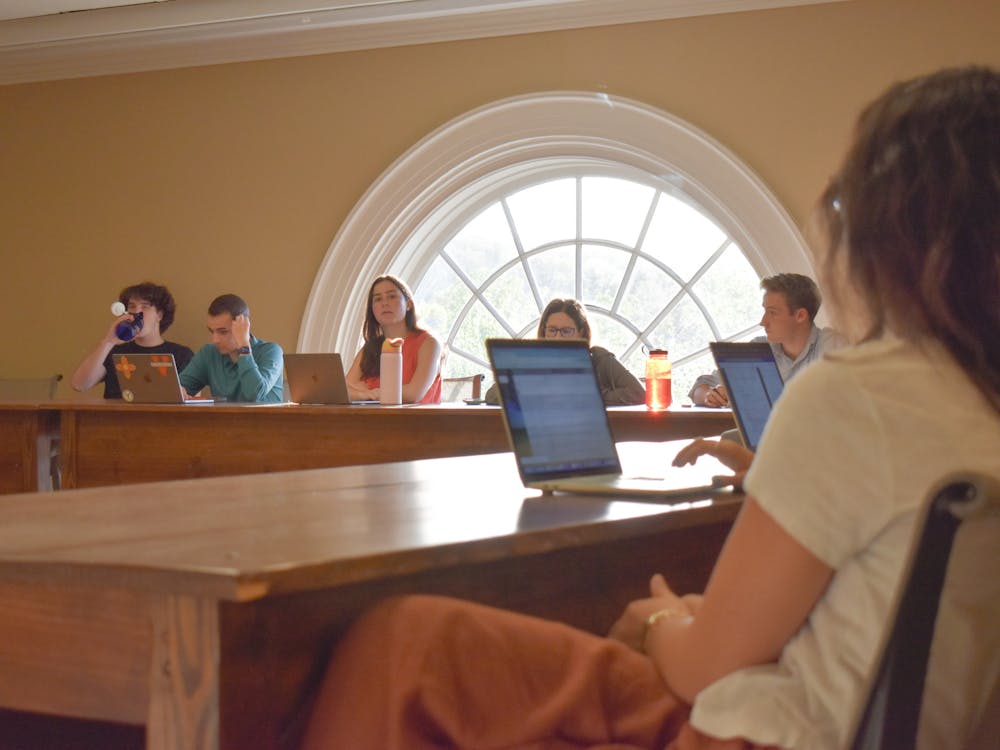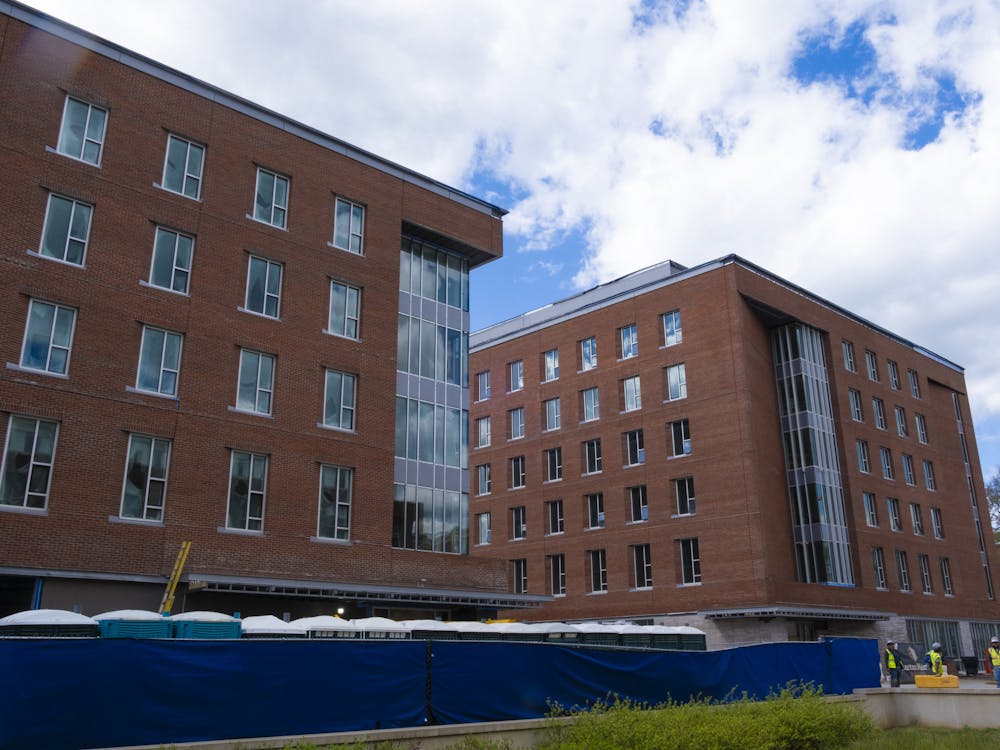The University Central Mail Service reportedly experienced significant technical difficulties last week, with 5,000 users struggling to access the system from Tuesday, April 1 through last Friday morning.
“There was a fairly significant outage in part of the University’s email system, and it impacted some faculty, retired faculty, and some staff,” University spokesperson McGregor McCance said in an email. “The sporadic performance issues impacted people on Wednesday and Thursday. This affected (either in slow email or worst case, not able to access email) approximately 5,000 users in total.”
McCance said many faculty and staff were unaffected by the problem. University Information Technology Services resolved the problem before the start of the weekend.
“ITS staff worked around the clock to address the issue, and it was ultimately resolved early Friday morning,” McCance said.
University professors reported receiving delayed email messages or not receiving emails from students and colleagues entirely, despite still being able to send outgoing emails. David Sewell, editorial and technical manager of the University of Virginia Press, said the shutdown negatively affected his ability to do routine work.
“Because the service wasn’t shut down entirely for that period, it wasn’t as damaging as it could have been,” Sewell said in an email. “Still, in the nearly 30 years I’ve had an email account at one university or another, this is the longest period of major downtime I’ve experienced with a central email system, so it was pretty serious.”
English Prof. Paul Cantor said he was not able to receive emails from around 4:40 p.m. Tuesday continuing through Friday.
“During that whole period, I was very worried that I might be missing some time-sensitive matter — some kind of student emergency,” Cantor said in an email. “I am Acting Director of Graduate Studies in the English Department this semester, and I often have to deal with important issues that need to be settled immediately.”
Cantor pointed out email is a fundamental method of communication within the University community.
“The way the University asks us to operate these days, access to e-mail is absolutely crucial, and I was surprised and disappointed that a situation could arise in which, for whatever reason, significant numbers of faculty members did not have access to their e-mail,” Cantor said.
History Prof. Allan Megill was also affected by the CMS shutdown, which kept him from immediately accessing many important communications. He said one student submitted a thesis by email multiple times before he was able to receive it many hours later, while another student was corresponding with him about a term paper.
“I was a little surprised that we weren’t warned of this, … but maybe ITS [Information Technology Services] simply wasn’t able to send out messages either,” Megill said in an email. “It would have been better if ITS had some way of keeping users informed of such problems, especially when it is ambiguous what the source of the problem might be.”
History Prof. Herbert Braun experienced similar frustrations with the email system and lack of communication between the ITS and its users.
“I assumed — for more than 24 hours — that the problems I was having were due to my own inability to navigate the system properly,” Braun said. “I spent much time trying to get back on — all wasted time.”
Cantor said going forward, the best way to communicate a partial email shutdown may not be via email.
“I think this could have been handled better — a notice should have been put up on the University’s web page,” Cantor said.




